Centralized Catalog, Faster Publishing: 40ParkLane’s Marketplace Success with CedCommerce
Reading Time: 4 minutesAbout the Brand: 40ParkLane LLC Studio40ParkLane is a design-led print-on-demand brand created…
The Amazon Advertising Program not only increases impressions and clicks on your products to improve conversion rates but also enhances the organic rankings of your products. Moreover, Amazon Marketing Campaigns can be generated to provide advertising services through different types of ads to promote better business growth and sales.
Also, this is especially crucial in the Amazon marketplace, crowded with countless sellers. In a perfect competition market, where products are similar and buyers have numerous choices, differentiation is key. So, how can you make your product stand out? Amazon Marketing Campaigns offer a powerful solution. By leveraging various tools from the Amazon Advertising Program, you can increase your product’s visibility, target relevant audiences, and ultimately drive sales.
Finally, in this blog, we will guide you on how to use the Amazon Advertising Program, and its various tools and services. You will know how to use them to your advantage by the end of it.
https://www.youtube.com/watch?v=TTqv55iSqE0
Firstly, advertising is where actual marketing begins. Forget crowded marketplaces – Amazon Advertising Programs enable you to grab engaged attention. They offer many tools designed to meet your specific needs, so you can adapt your approach as you grow.
Here’s a breakdown of the key options:
Boost your sales by adding the Amazon Top Selling Products to your Inventory.
Convinced your product has what it takes to win? Try Amazon Sponsored Products from the Amazon Advertising Program. Moreover, this service lets you create targeted ads specifically for your high-potential products, already competitive in the marketplace. Simply list your chosen products and build campaigns around them.
Sponsored Products uses relevant keywords – the search terms potential buyers use – to match your product with customer intent. Additionally, you choose the keywords manually for precise control or opt for Amazon’s automatic targeting based on product data. The best part? You only pay when someone clicks your ad, not for impressions. This minimizes upfront costs and maximizes return on investment.
While Sponsored Products excel at promoting specific items, Sponsored Brands take a broader approach. Originally known as Headline Search Ads from the Amazon Advertising Program, this program puts your brand name front and center in search results.
When a user types keywords related to your products (including those you’ve added), your brand name and relevant products appear prominently at the top of the search page.
A click on your brand icon doesn’t just showcase a single product; it directs users directly to your brand store. This opens the door for customers to explore your entire product collection. Here, you can leverage upselling and cross-selling strategies to encourage users to discover other items they might be interested in.
This program has specific criteria for sellers and vendors:
Sellers:
If you meet the criteria, you can tap into the power of Sponsored Brands to build brand awareness, drive traffic to your storefront, and ultimately increase sales.
Beyond Ads from the Amazon Advertising Program, Amazon Stores offers a unique and powerful advertising platform for both sellers and vendors. Imagine a multi-page website, built with professional Amazon templates, dedicated entirely to your brand.
The eligibility criteria are refreshingly straightforward. If you’re a brand owner with an active brand name and products listed on Amazon, you can easily register for the Amazon Brand Registry and access the ability to create a Store! The best part? Creating an Amazon Store is completely free!
This dedicated brand space allows you to craft a compelling narrative. Showcase your brand identity, product stories, and unique value proposition. Visually rich content and engaging storytelling can influence purchase decisions.
Additionally, by creating relevant and well-organized categories, you make it easy for users to find what they’re looking for without distractions from other brands. This encourages them to look deeper into your offerings.
While the time it takes to set up your Store depends on your chosen template and design complexity, the approval process is typically swift. Amazon usually takes around 72 hours to review it against its standards to ensure a high-quality experience for users.
Furthermore, with its ease of use, free setup, and powerful branding capabilities, Amazon Stores are a valuable tool for any seller or vendor looking to stand out.
Product Display Ads let you showcase your products on a variety of digital screens, including websites and apps. This creates a powerful way to reach new customer segments who might be interested in what you offer.
Leverage the power of Amazon Standard Identification Numbers (ASINs).
ASINs Explained:
- Each product on Amazon is assigned a unique 10-character alphanumeric code called an ASIN.
- This simplifies product identification and search for both sellers and customers.
- It’s crucial to find your product’s ASIN, as missing this code can prevent your product from being discovered through Amazon’s search engine.
- Keep in mind that ASINs can vary by marketplace. For example, the same wooden table sold in the US and UK will have different ASINs.
Important Note: Currently, only Amazon Vendors (not Sellers) are eligible to utilize Product Display Ads.
Furthermore, you can leverage Product Display Ads and strategic targeting to connect with new audiences, and generate significant sales potential!
While Product Display Ads focus on showcasing specific products on relevant websites and apps, Amazon Display Ads offer an even broader scope. This program allows DSP Sellers (vendors who utilize Amazon’s Demand-Side Platform) to create captivating display ads that go beyond product listings.
Amazon Video Ads offer the most engaging format to grab attention and leave a lasting impression. These short, captivating videos allow brands to tell their story in a way that static ads simply cannot. Moreover, the user is immediately redirected to the brand’s Amazon store where they can select the items they are searching for.
Widen Your Reach: Even if users aren’t actively searching for your specific product, engaging video content can spark their interest and encourage them to explore further.
Multidimensional Marketing: Use Video Ads to showcase product demonstrations, highlight unique features, and create an exciting brand narrative.
Video Ads from Amazon are available to a wide range of advertisers:
Note: Amazon offers managed video ad services through ad consultants. These services typically involve a fee and provide expert assistance with campaign creation, management, and optimization.
Display Advertising from Amazon lets you showcase your products on a vast network of websites and apps, both on and off Amazon. This powerful tool can significantly boost your brand awareness and sales reach.
Example: Imagine you sell handmade leather wallets. Using Display Ads, you can target users who have shown interest in leather goods or luxury accessories. Your ads might appear on relevant websites and apps, showcasing your wallets alongside other high-quality products. This increases brand exposure and potentially captures new customers who wouldn’t have found you on Amazon alone.
Ready to take your Amazon advertising to the next level? Amazon DSP, also known as the Amazon Advertising Platform, caters to experienced sellers seeking a more advanced approach. It allows you to leverage programmatic advertising, a sophisticated method for purchasing ad inventory across a vast network beyond the Amazon ecosystem.
Example: As a seller of high-end athletic wear, you can use DSP to target users who have recently purchased fitness trackers or running shoes on other websites. This hyper-targeted approach ensures your ads reach a highly relevant audience actively interested in athletic products.
Important Note: Amazon DSP is typically recommended for experienced advertisers with a strong understanding of programmatic advertising and campaign management best practices.
Amazon Display Advertising and Amazon DSP (depending on your experience level and advertising goals), can help you create a comprehensive strategy to reach new customers, build brand awareness, and ultimately drive significant sales growth on Amazon. This why they are the secret weapons among the various tools provided by the Amazon Advertising Program.
Let’s look at some basic points first –
Furthermore, by following the key practices and strategies for the Amazon Advertising Program outlined above, you can create high-performing campaigns that deliver targeted messaging with captivating visuals, and ultimately, drive sales and brand growth.
Don’t do it alone! Along with listing optimization, inventory syncing, and order management, CedCommerce Integration also offers managed marketing services to streamline your Amazon advertising efforts, saving you time and maximizing your return on ad spend (ROAS).
Explore the power of CedCommerce Integration today! Take advantage of our free trial and experience the difference for yourself.
Together with Amazon Ads and CedCommerce Integration, your brand can flourish on the Amazon marketplace!
What is Amazon’s advertising platform called?
Amazon’s advertising platform is called Amazon Ads. It offers a suite of tools and services to help sellers reach a wider audience and increase product visibility on the Amazon marketplace.
What is the Amazon DSP platform?
Amazon DSP (Demand-Side Platform) is a programmatic advertising platform within Amazon Ads. It allows advertisers to programmatically buy and manage display and video ads across Amazon’s properties (websites, apps, etc.) and third-party websites that reach Amazon’s vast audience. This is typically used by larger advertisers or agencies managing advertising campaigns for multiple clients.
What are the three types of Amazon advertising?
Amazon Ads offers a variety of advertising options, but three main categories include:
What is the Amazon ad system?
The term “Amazon ad system” can refer broadly to the entire Amazon Ads platform, encompassing all its advertising tools and functionalities. It allows sellers to create, manage, and optimize their advertising campaigns to reach their target audience on the Amazon platform and beyond.
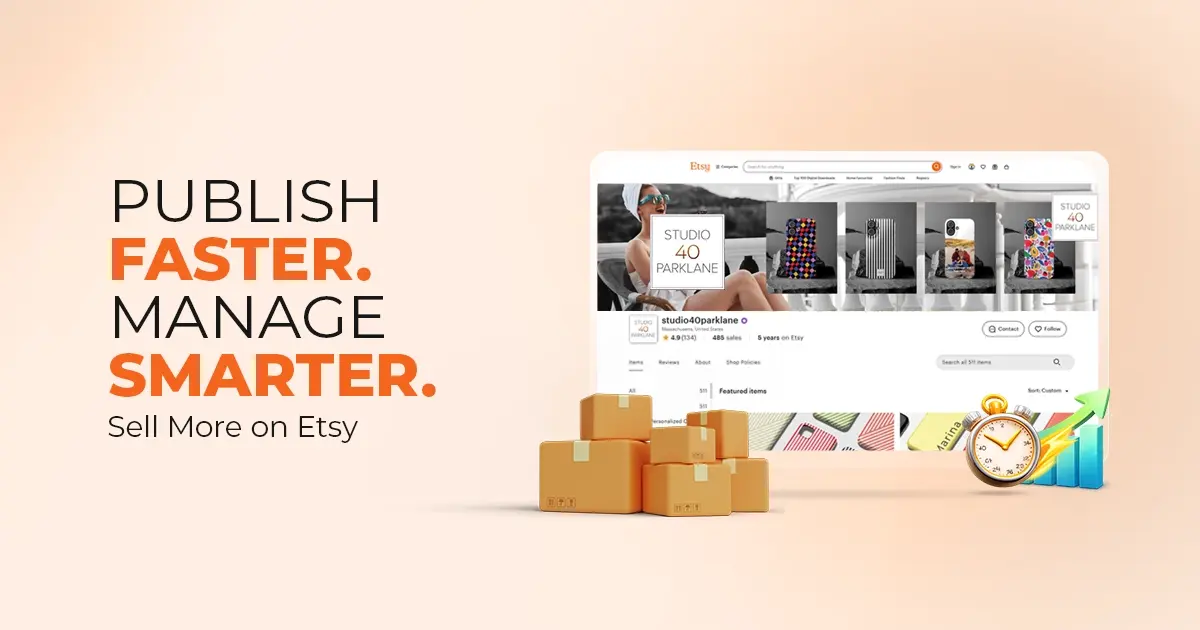
Reading Time: 4 minutesAbout the Brand: 40ParkLane LLC Studio40ParkLane is a design-led print-on-demand brand created…
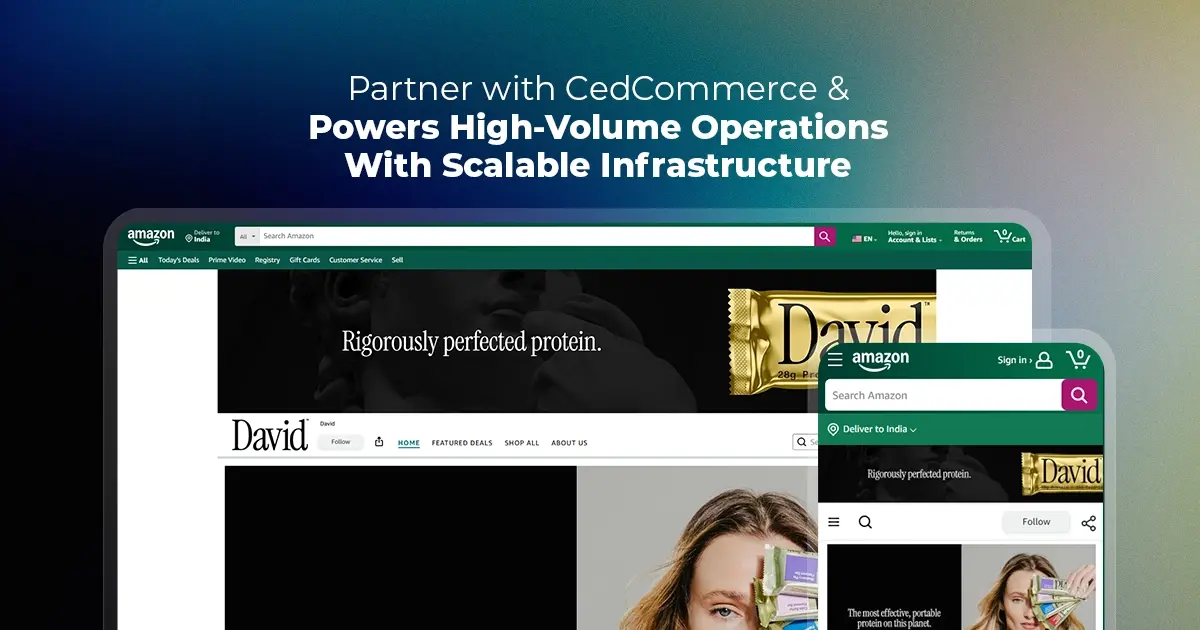
Reading Time: 3 minutesAbout the Company Brand Name: David Protein Industry: Health & Nutrition (Protein…

Reading Time: 3 minutesOnline retail spending in Germany is entering a renewed growth phase after…

Reading Time: 4 minutesTikTok Shop has released a comprehensive Beauty and Personal Care Products Policy,…

Reading Time: 4 minutesTikTok Shop has formally outlined comprehensive requirements for expiration date labeling and…

Reading Time: 3 minutesTikTok Shop is raising its sales commission for merchants across five active…

Reading Time: 11 minutesBy now you have seen your BFCM 2025 numbers. The harder question…

Reading Time: 3 minutesAbout the Brand Name: Vanity Slabs Inc Industry: Trading Slabs- Vanity Slabs…
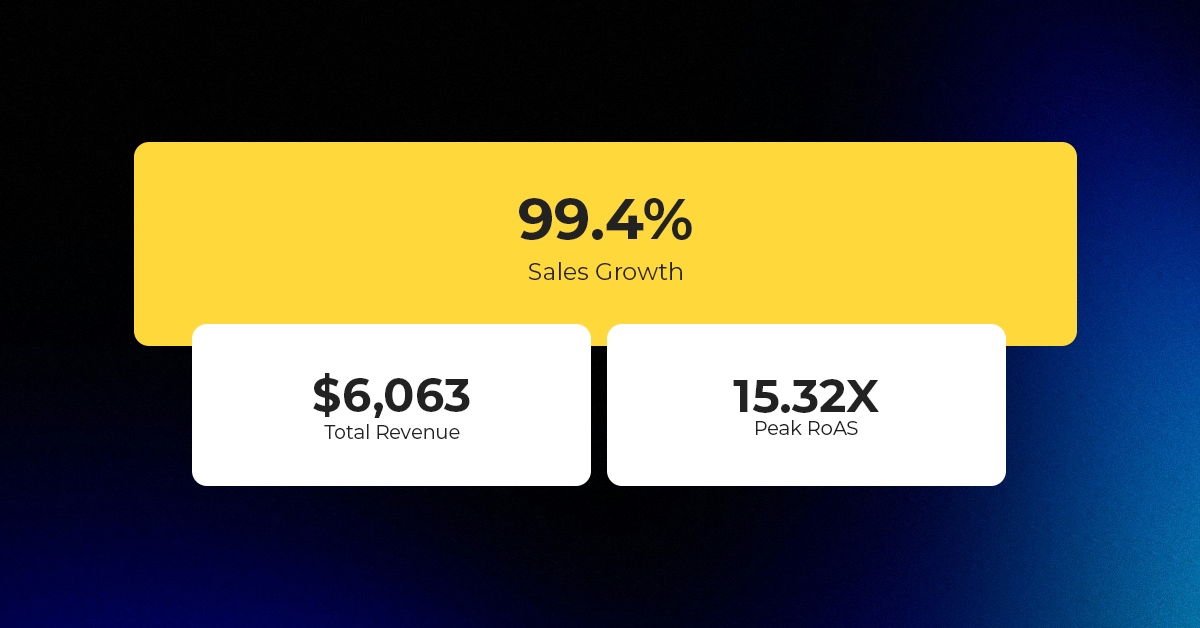
Reading Time: 2 minutesAbout the Brand Name: Ramjet.com Industry: Automotive Parts & Accessories Location: United…
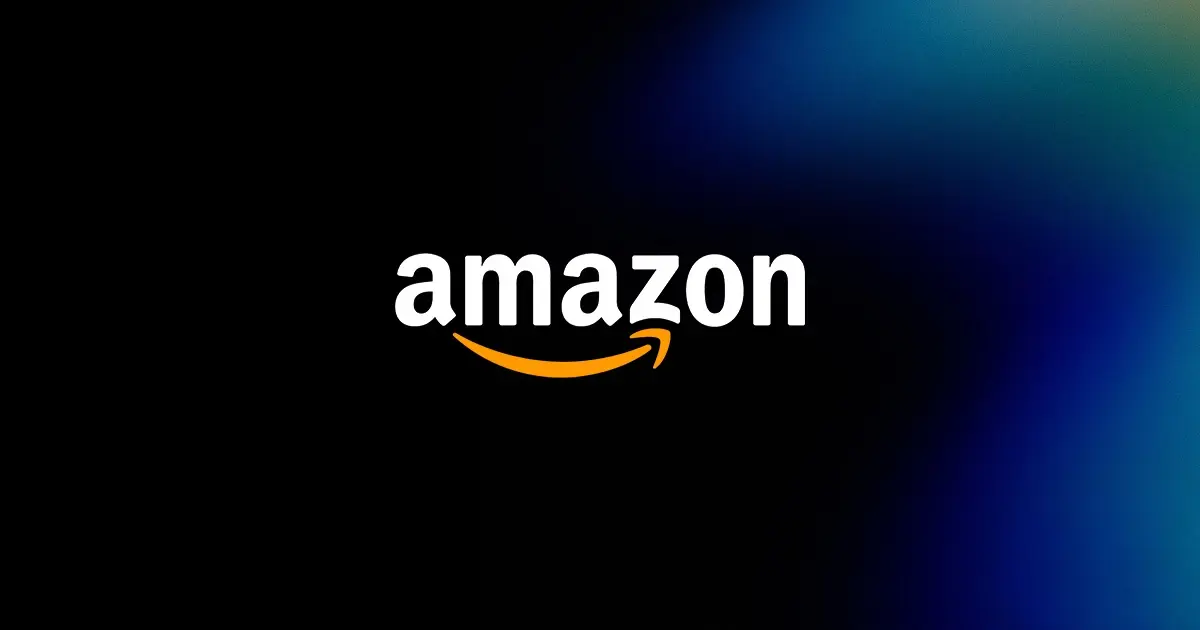
Reading Time: 2 minutesAmazon is rolling out strategic referral fee reductions across five major European…
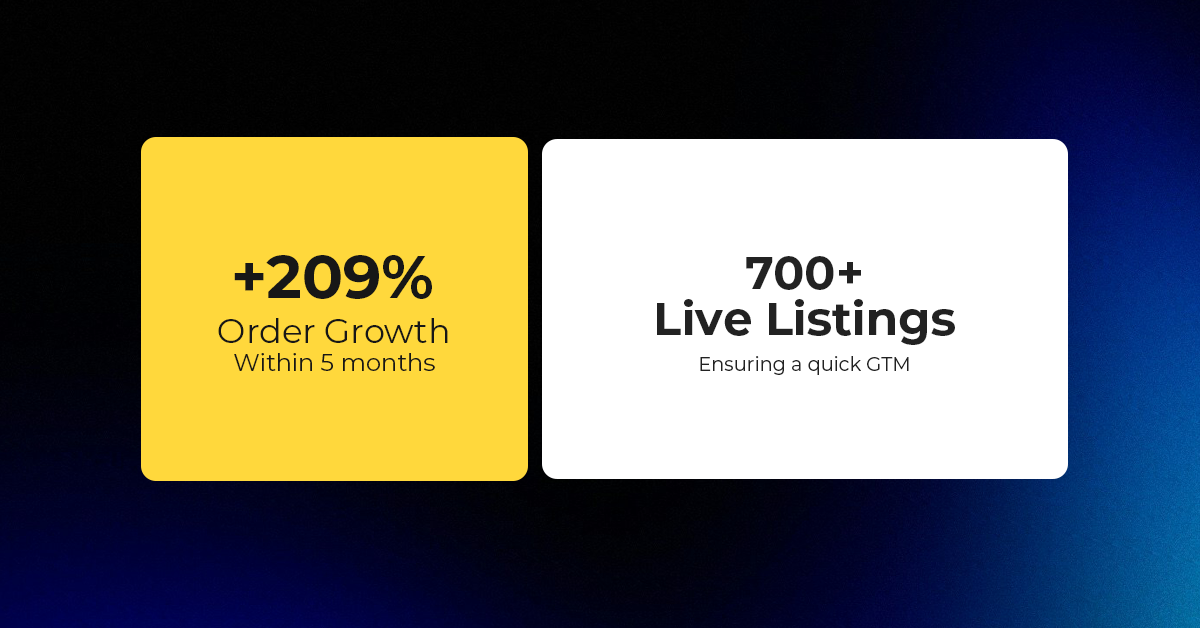
Reading Time: 4 minutesQuick Summary: Scaling Lifestyle Powersports on eBay with CedCommerce Challenge: Zero marketplace…

Reading Time: 4 minutesTikTok has surpassed 460 million users across Southeast Asia, reinforcing its position…

Reading Time: 3 minuteseBay has released its final seller news update for 2025, with a…

Reading Time: 3 minutesAmazon has clarified its stance regarding speculation around a potential breakup between…
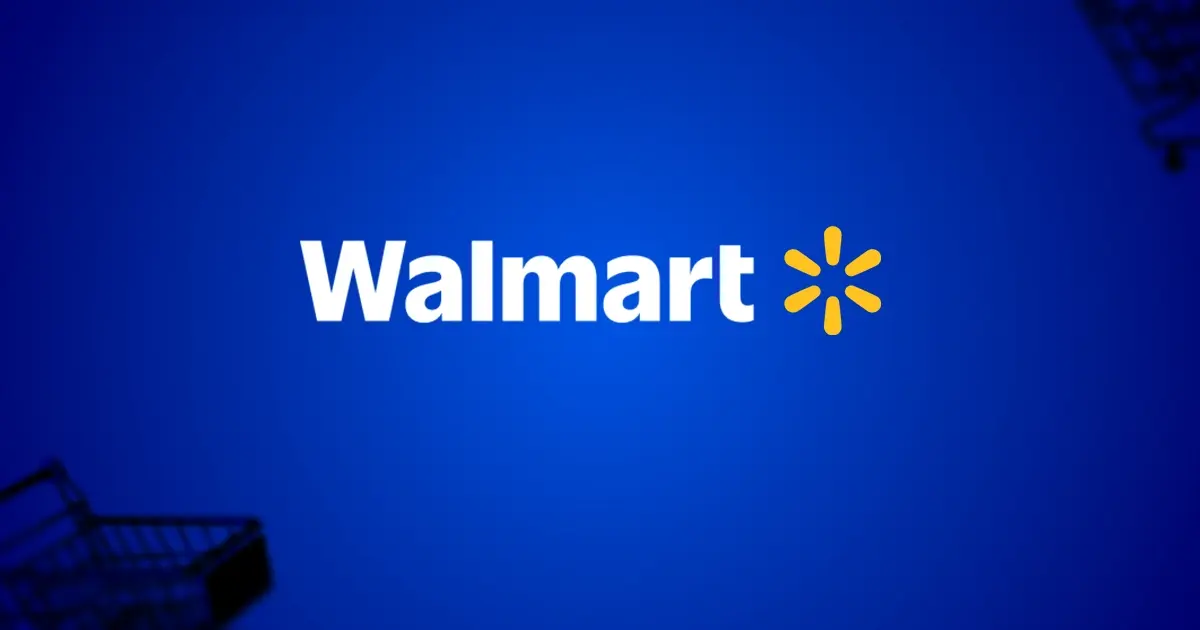
Reading Time: 4 minutesWalmart is accelerating its push into next-generation fulfillment by expanding its drone…

Reading Time: 4 minutesFaire, the fast-growing wholesale marketplace connecting independent retailers with emerging brands, has…

Reading Time: 4 minutesB2B buying in the United States is undergoing a fundamental behavioral shift…

Reading Time: 3 minutesSummary Cyber Monday 2025 has officially become the largest online shopping day…

Reading Time: 2 minutesSummary Amazon kicked off December with two major developments shaping the future…

Reading Time: 2 minutesSummary Walmart has entered December with two major moves that signal a…